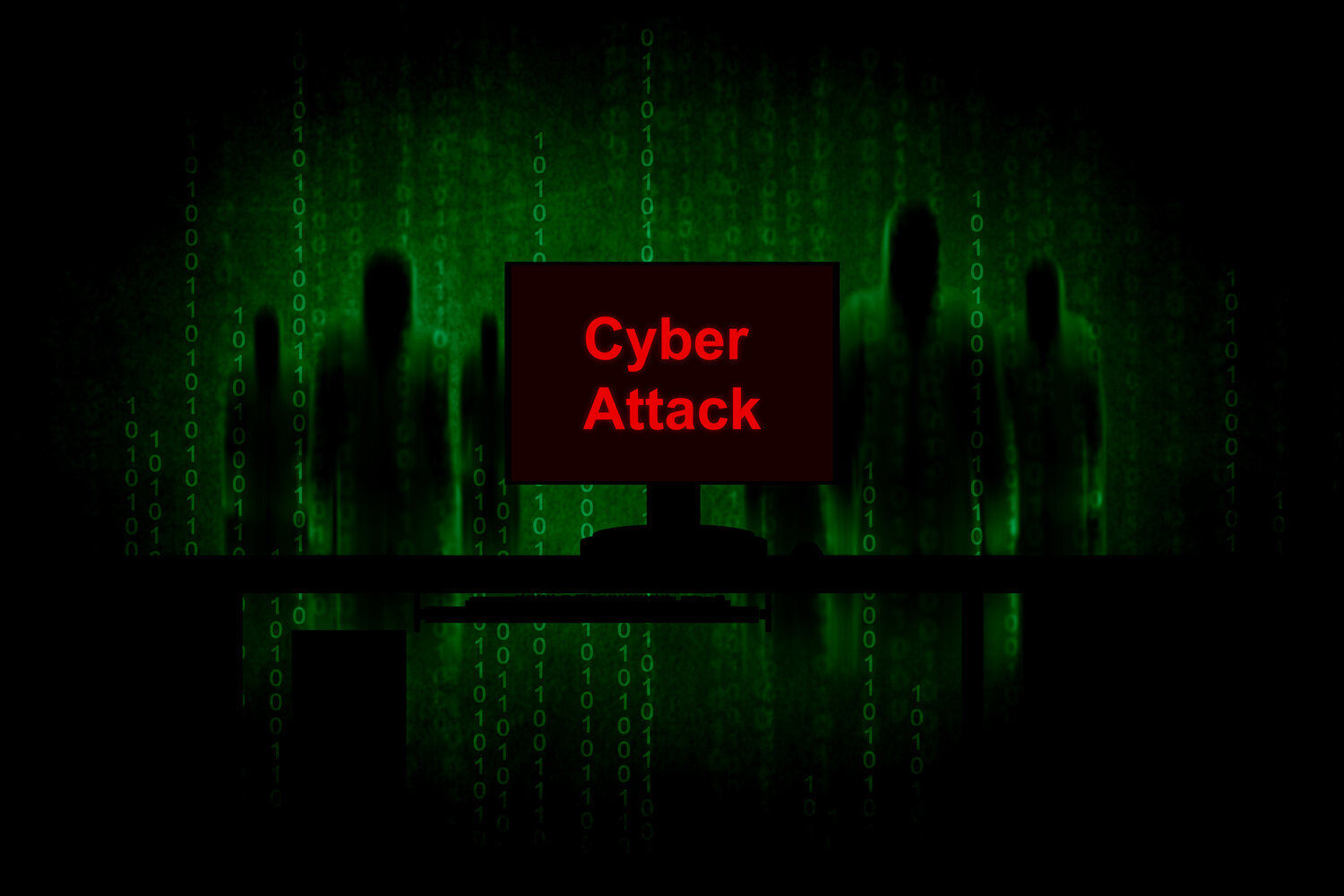SINS 21 Schedule
7:20 a.m. Welcome and Context Setting, Katina Michael, Arizona State University
7:30 a.m. Philosopher’s Perspective on AI, Dr Michael Eldred
7:40 a.m. Industry Perspectives on Cyber and the Need to Evolve our Defence Systems in the Unwinnable War- Angelo Friggieri, Managing Director of Government and Health Security, Accenture
8:00 a.m. Industry Perspectives Q&A - Facilitated by Elma Hajric, Arizona State University
8:10 a.m. Invited Speaker on Democracy by Design – Jeremy Pitt, Imperial College London
8:30 a.m. Invited Speaker Q&A – Facilitated by Kathleen Vogel, Arizona State University
9:00 a.m. - TEN Minute Break
9:10 a.m. Movement 1 - Opening facilitated by Theresa Anderson, University of Illinois at Urbana-Champaign
Breakout (14 min)
Julia Slupska (Logistics: Cindy Dick)
Rys Farthing (Logistics: Melissa Waite)
Nikki Stevens (Logistics: Katina Michael)
9:30 a.m. Report Back
9:40 a.m. Keynote: Operationalising Socio-Technical Theory: Examining Social, Technical and Environmental Subsystems - Roba Abbas, University of Wollongong
10:00 a.m. Keynote Q&A – Facilitated by Eusebio Scornavacca, University of Baltimore
10:30 a.m. - TWENTY Minute Break
10:50 a.m. Movement 2 - Facilitated by Kathleen Vogel, Arizona State University and Salah Hamdoun, Arizona State University
11:20 a.m. Luis Kun, Distinguished Lecturer IEEE SSIT, A Holistic View of the Information Age Challenges and the Social Implications of Technology
11:30 a.m. Jennifer Seberry, University of Wollongong
11:40 a.m. Samuel Visner, MITRE.org
11:50 a.m. Secrecy is still bad for democracy - Vanessa Teague, Thinking Cybersecurity
12:00 p.m. Psychosocial Dimensions of Insider Threat - Jordan Schoenherr, Carleton University
12:10 p.m. - RE Burnett, National Defense University
12:20 p.m. - Movement 3 - Presented by Joseph Carvalko, Yale University
12:35 a.m. Reflections in the Chat Window (* five minutes of silence)
12:40 p.m. - ONE Hour Break
1:30 p.m. Painting a Picture of AI in Cybersecurity: the Threat Landscape and our Collective Response, Patrick Scannell, TechneStar LLC
1:50 p.m. MITRE.org Session
Dave Cabrera
Conor Michael Mahoney
Josh Kiihne
2:20 p.m. - TEN Minute Break
2:30 p.m. PARALLEL BREAKOUTS
A: Theory: Socio-Technical & Environmental Theoretical Reflections* (Kobi Leins)
Mariana Zafeirakopoulos
Lindsay Robertson
Nicole Stephensen
Toby Shulruff
Paul Millea*
Matt Mytka, GreatherThanExperience, Operationalising data ethics frameworks
Eusebio Scornavacca
Jai Galliot*
Colby Holenbaugh+ (pre-record)
B: Tech: AI in Cybersecurity: Technical Challenges and Possible Solutions* (Shahriar Akter)
Shahriar Akter
Tyler Sweatt, Vice President of Growth at Second Front Systems, Seeing through the smoke - AI's security challenges
David Troy
Sara Jordan
Marcus Wigan
Rob Nicholls*
C: Governance: The Governance of Socio-Technical Systems* (Lyria Bennett Moses)
Lyria Bennet Moses
Salah Hamdoun, Innovation and Global Development PhD Candidate, Arizona State University, National security and digitalization of currencies
Elma Hajric, Human and Social Dimensions PhD Candidate, Arizona State University, Data Governance: The Ownership Problem
Greg Adamson
EJ Wise
Ethan Burger
3:30 p.m. Jann Karp
3:40 p.m. Jordan Brown
3:50 p.m. Roger Clarke, Australian National University, A Proposal for Protection against AI-Based Cybersecurity Protections
4:30 p.m. Close, Theresa Anderson
* Talks in these sessions will be 5 minutes long only. One slide (optional)
